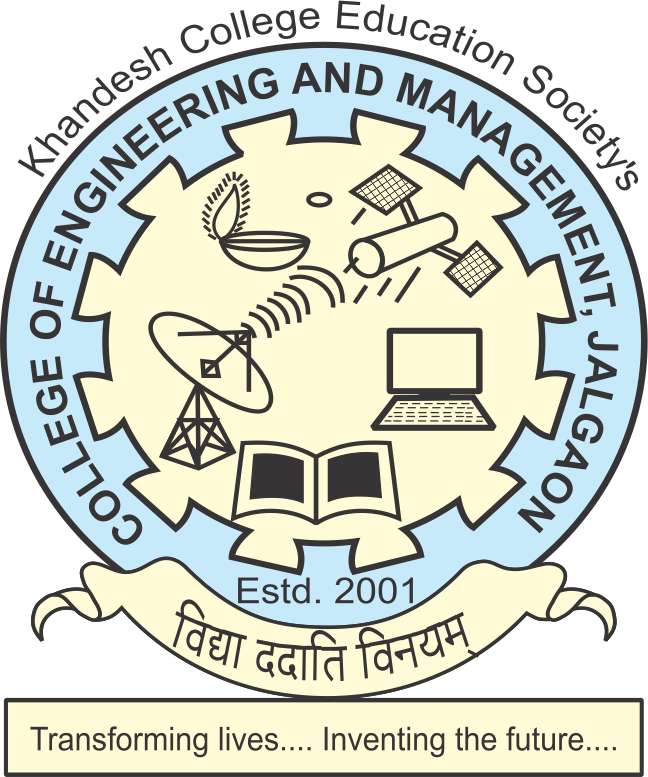Diploma Mechanical Engineering
Program Educational Objectives
PEO 1. Technical Expertise & Problem-Solving:
Students will be apply their knowledge of mechanical engineering principles to analyze, design, and develop innovative solutions for real-world engineering problems.
PEO 2. Professional Growth & Lifelong Learning:
Students able to go for continuous learning through higher education, professional certifications, or self-improvement to stay updated with evolving technologies.
PEO 3. Leadership & Teamwork:
Students will be develop , demonstrate leadership and teamwork in diverse professional environments, contributing effectively to multidisciplinary projects.
PEO 4. Ethical Responsibility & Societal Contribution:
Students will be uphold professional ethics, environmental consciousness, and sustainability principles while contributing positively to society.
PEO 5. Entrepreneurship & Industry Readiness:
Students will be develop entrepreneurial skills and be industry-ready for careers in manufacturing, design, research, and other mechanical engineering domains.
Program Outcomes
After the successful completion of this Program student will be able to:
PO 1. . Engineering Knowledge:
Apply the knowledge of mathematics, science, engineering fundamentals, and an engineering specialization to solve complex mechanical engineering problems.
PO 2. Problem Analysis:
Identify, formulate, and analyze mechanical engineering problems and arrive at well-reasoned conclusions using first principles of mathematics, natural sciences, and engineering sciences.
PO 3. Design and Development of Solutions:
Design solutions for complex mechanical engineering problems and design systems, components, or processes that meet specified needs while considering public health and safety, and cultural, societal, and environmental considerations.
PO 4. Conduct Investigations of Complex Problems:
Use research-based knowledge and research methods, including design of experiments, analysis, and interpretation of data to conduct investigations of complex mechanical engineering problems.
PO 5. Modern Tool Usage:
Select and apply appropriate techniques, resources, and modern engineering tools, including prediction and modeling, to complex mechanical engineering activities while understanding their limitations.
PO 6. Environment and sustainability:
Understand the impact of engineering solutions in societal and environmental contexts, and demonstrate knowledge of sustainable development.
PO 7. Individual and Team Work:
Function effectively as an individual, as well as a member or leader in diverse teams, and in multidisciplinary settings, to accomplish project objectives.
PO 8. Communication:
Communicate effectively with the engineering community and society at large, with the ability to write reports, design documentation, make presentations, and give and receive clear instructions.
PO 9. Project Management and Finance:
Apply the principles of management, leadership, and financial practices to work effectively in multidisciplinary teams, managing mechanical engineering projects in various contexts.
PO 10. Life-long learning:
Recognize the need for and engage in independent and lifelong learning to keep up with technological advancements and the evolving requirements of the mechanical engineering field.
Program Specific Outcomes
PSO 1. Proficiency in Core Mechanical Engineering Concepts Graduates will be able to apply the fundamental principles of mechanical engineering, including thermodynamics, fluid mechanics, mechanics of materials, and manufacturing processes, to design, analyze, and solve real-world mechanical problems in industry settings.
PSO 2. Application of Modern Engineering Tools and Techniques Graduates will demonstrate the ability to use modern engineering tools, including CAD software, simulation tools, and other mechanical engineering applications, to model, analyze, and optimize mechanical systems and components.
PSO 3. Understanding of Manufacturing Processes and Systems.





